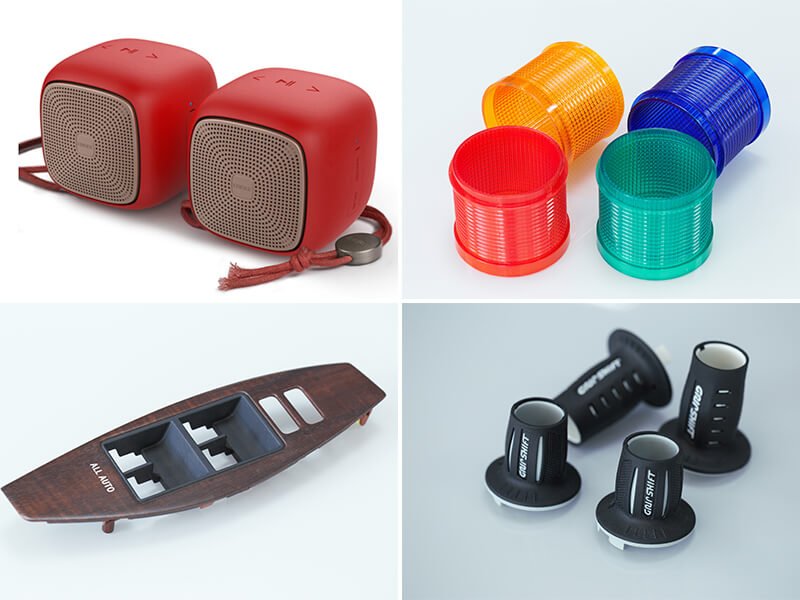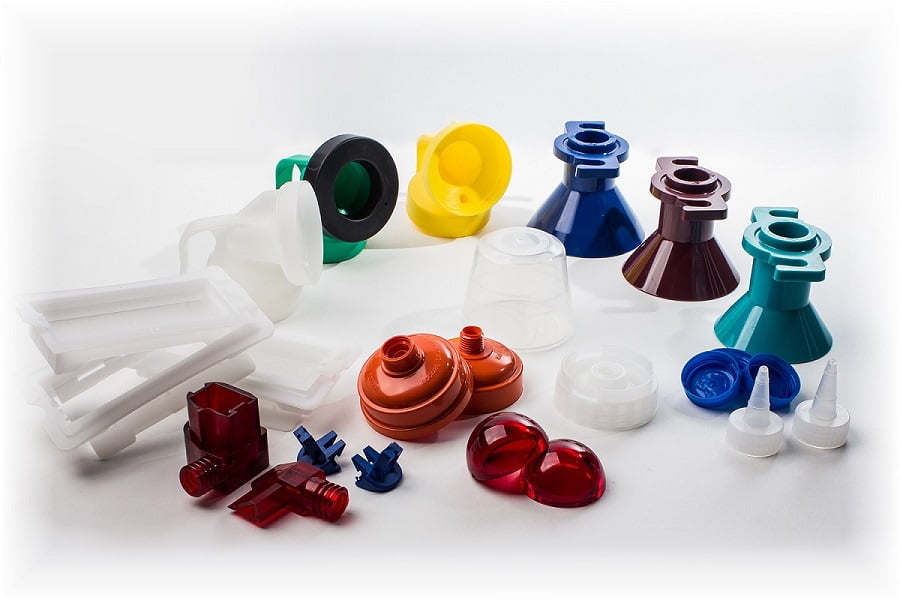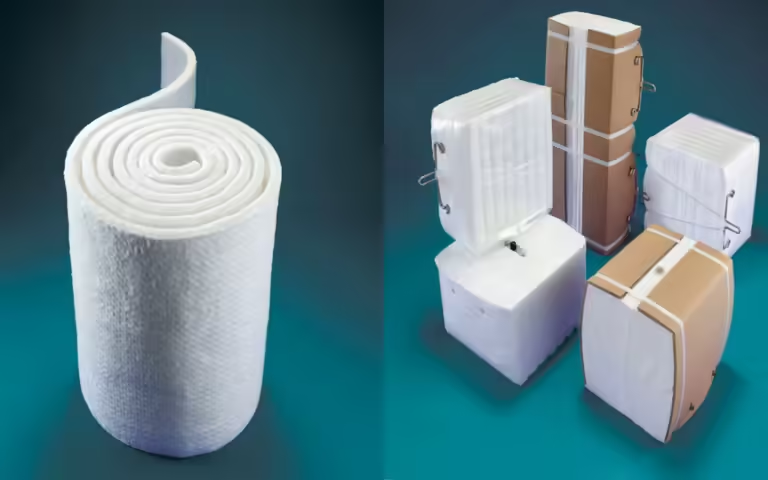
The Growing Demand for Molded Plastics
Molded plastics have become an integral part of various industries, including packaging and automotive. The market for molded plastics is witnessing significant growth due to their versatility, durability, and cost-effectiveness. In this blog post, we will provide a comprehensive analysis of the types and applications of molded plastics.
Types of Molded Plastics
There are several types of molded plastics available in the market, including:
- Polyethylene (PE)
- Polypropylene (PP)
- Polyvinyl Chloride (PVC)
- Polyethylene Terephthalate (PET)
- Polystyrene (PS)
- Polyurethane (PU)
Each type of molded plastic has its own unique properties and benefits. For example, PE is known for its flexibility and resistance to chemicals, while PP offers excellent strength and impact resistance. PVC is widely used in construction due to its fire resistance and durability. PET is commonly used in the packaging industry because of its transparency and lightweight nature. PS is known for its insulation properties, making it suitable for the production of disposable foam products. PU is a versatile material that is used in various applications, including automotive parts and furniture.
Applications of Molded Plastics

Molded plastics find extensive applications across various industries. Some of the key applications include:
- Packaging: Molded plastics are widely used in packaging due to their durability, lightweight nature, and ability to protect goods from external factors such as moisture and impact.
- Automotive: The automotive industry utilizes molded plastics for various components, including interior and exterior parts, bumpers, dashboards, and door panels. Molded plastics offer design flexibility, weight reduction, and cost-effectiveness in automotive applications.
- Construction: Molded plastics are used in the construction industry for applications such as pipes, fittings, windows, doors, and insulation materials. The durability and resistance to weather conditions make molded plastics an ideal choice for construction projects.
- Electronics: Molded plastics are used in the production of electronic components such as casings, connectors, and insulators. The electrical insulation properties of molded plastics make them suitable for electronic applications.
- Medical: Molded plastics are widely used in the medical industry for applications such as syringes, surgical instruments, medical devices, and packaging for pharmaceutical products. The sterilizability and biocompatibility of molded plastics make them safe for medical use.
The Future of the Molded Plastics Market

The molded plastics market is expected to witness significant growth in the coming years. The increasing demand for lightweight and fuel-efficient vehicles is driving the adoption of molded plastics in the automotive industry. The growing e-commerce industry is also fueling the demand for molded plastics in packaging applications. Additionally, the construction industry is experiencing rapid growth, especially in emerging economies, which is expected to boost the demand for molded plastics.
In conclusion, molded plastics offer numerous advantages in terms of versatility, durability, and cost-effectiveness. The market for molded plastics is witnessing substantial growth, driven by their extensive applications in packaging, automotive, construction, electronics, and medical industries. With advancements in technology and increasing environmental concerns, the future of the molded plastics market looks promising.










2 thoughts on “Molded Plastics Market: A Comprehensive Analysis of Types and Applications”
Comments are closed.